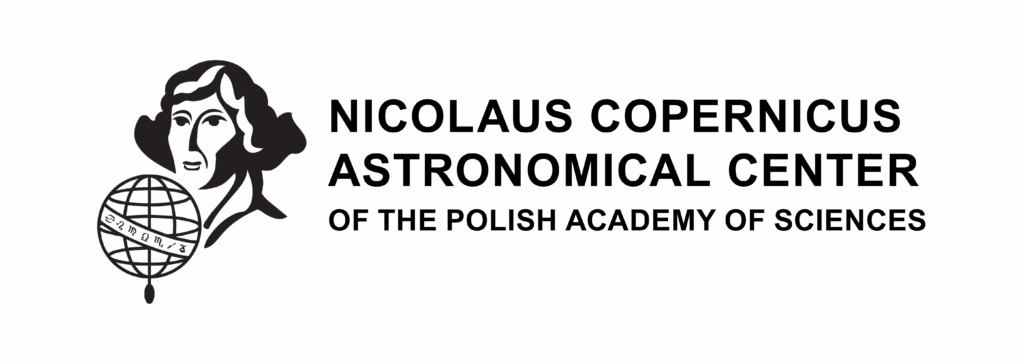Dr. Andre Filipe Ventura Cortez
Research
Fields of interest:
Astrophysics Instrumentation, Experimental Particle Physics, Dark Matter
Biography
Dr. André Cortez obtained a PhD in Physical Eng. (Instrumentation branch) at the University of Coimbra in November 2018.
Dr. André Cortez research focus mainly in experimental physics, with particular interest for astrophysics experiments. As a young researcher, he has worked for the AHEAD consortium (at LIP), on gamma-ray polarimetry in space instruments (mass model simulations for ESA and NASA mission proposals). André Cortez joined LIBPhys (Portugal) in February 2019, working in the development of new MPGDs and optimization of neutron detectors. Between 2019 and 2021, André Cortez was a research member of the international collaboration INITIUM/CYGNO Experiment (ERC consolidator grant – ERC-2018-COG), developing radiation detectors for astrophysics (including X-ray polarimetry applications) using novel techniques for reading out optical and negative ion TPCs. In 2021, André Cortez worked in the development of detector instrumentation for the search of the proposed X17 Boson.
Nowadays, his research is focused in the develop of alternative amplification structures for large volume liquid noble radiation detectors, with the objective of providing scalable solutions with improved sensitivity and lower background for dark matter and rare-event searches. The purpose of these new detectors is to address the technical issues of current and future particle physics experiments. At AstroCeNT Dr. André Cortez is working on a promising amplification structure – WLS FAT-GEM – to convert the wavelength of the emission in noble liquids/gases into visible, providing at the same time signal amplification.
Since his graduation, Dr. André Cortez obtained postdoc and research positions at the University of Coimbra, Gran Sasso Science Institute (GSSI) & Istituto Nazionale di Fisica Nucleare Laboratori Nazionali del Gran Sasso (INFN- LNGS) (Italy), Czech Technical University in Prague (CTU) (Czech Republic) and from June 2023 as visiting scientist at AstroCeNT of the Polish Academy of Sciences (Poland).
Dr. André Cortez was the Principal Investigator of 2 international competitive funded projects (RD51/CERN) that included in the proposal researchers from CEA Saclay (France), GSI (Germany), Uludag Univ. (Turkey), VECC (India). In the last 5 years, was the Principal Investigator of a JINR 3+3 project between CTU and JINR (Russia) aiming at the integration of SAMPA ASIC with the Scalable Readout System (CERN) for TPCs, currently halted.
Dr. André Cortez was a two-time junior member of FCTUC to the committee of the Symposium on Eng. Physics of the 1st and 2nd Doctoral Congress in Engineering – DCE 2015, 2017 (Porto). André Cortez was also a member of an international meeting scientific organizing committee (AHEAD) and organizing committee (and tutor) of the RD51 Micro Pattern Gaseous Detectors School (2023) focused on state-of-the-art MPGD technologies. Dr. André Cortez was a member of General Council of the UC (2016) and Scientific Council of LIP while a PhD student (2014-2018). Currently is a member of the Cooperation and Steering Committee of the Nuclear Radiation Detectors and Application and Research Center (NÜRDAM) from the Bolu Universitesi (Turkey).
(http://nrdc.ibu.edu.tr/en/hakkimizda-2/yonlendirme-ve-isbirligi-kurulu)
Dr. André Cortez published 47 papers in international peer reviewed journals with about 200 citations, for a 11 h-index. Half of these papers resulted from time-demanding experiments that involved the development of detectors/prototypes. A total of 35 talks at international conferences, workshops, laboratories, and universities, of which 6 as an invited/keynote speaker. Dr. André Cortez successfully completed the supervision of 5 master students, having supervised several internships and organizing outreach activities for high school students.
Prototypes and Hardware development
Dual-Amplification Stage Gas Proportional Scintillation Counter – gas radiation detector based on electroluminescence as amplification mechanism, with two independent amplification stages, using a cylindrical geometry and capable of providing close to intrinsic energy resolution.
Dual-Polarity Ion Drift Chamber – detector that allows to measure the charge transport properties of both electrons, positive and negative ions (including drift velocity, ion mobility and diffusion).
COBRA_125 – Amplification Structure of the MPGD family, with two independent amplification stages (based on Thick-COBRA).
Small-size TPC – TPC prototype using fast prototyping techniques (including 3D printing and PCB design). Implementation of SAMP-ASIC.
Prizes & Awards
2011 – Prize Award IPN-Incubadora, Arrisca C from University of Coimbra in partnership with the Municipality of Coimbra, Coimbra (Portugal).
2013 – Best Student Paper Award – BIODEVICES 2013, Barcelona (Spain).
2013 – Best Paper Award – BIOTECHNO 2013, Lisbon (Portugal).
2014 – Best Poster Award – CERN Danube School on Instrumentation in Elementary Physics & Nuclear Physics, Novi Sad (Serbia).
2015 – Best Poster Award – Excellence in Detectors and Instrumentation Technologies – EDIT 2015, Frascati (Italy).
2016 – 2nd Place – Young Scientist Award, ION 2016, Kazimierz Dolny (Poland).
2018 – Young Researcher Grant provided by the Associazione Frontier Detectors for Frontier Physics for the 14th Pisa Meeting on Advanced Detectors, La Biodola, Isola d’Elba (Italy).
2018 – IEEE Trainee Grant for the 2018 IEEE Nuclear Science Symposium and Medical
Degrees and titles

Contact
Position in the project
Postdoctoral Researcher in Medical Physics and Radiation Detectors group
acortez at camk.edu.pl
Office
5.38






